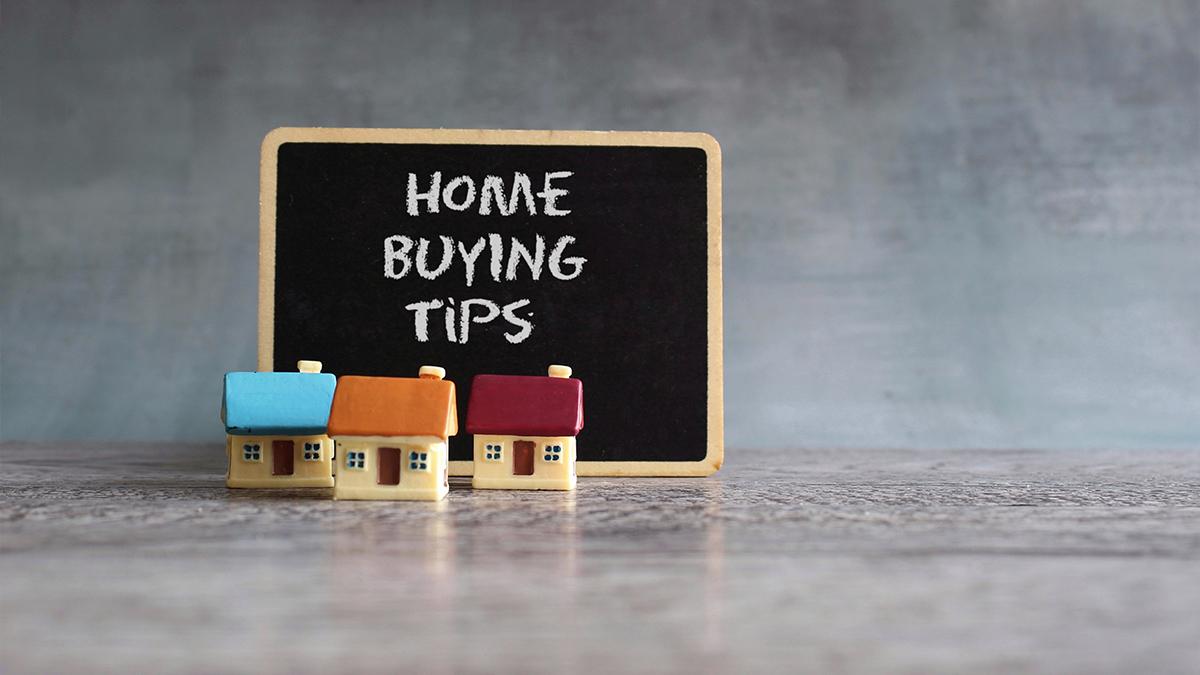Buying a home is one of the most significant and costly decisions you will ever make. But how do you ensure that you get the greatest possible deal on your dream home? Negotiating a house price can be difficult, especially if you are unfamiliar with the real estate market and the elements that drive it. Based on research, professional advice, and common sense, we will give some recommendations on how to negotiate a cheaper price on a house in this post. These suggestions will help you save money and avoid overpaying for your new home, whether you are a first-time buyer or an experienced homeowner.
Work with a realtor
Many house buyers assume that because real estate listing sites are available at the press of a button, they no longer need a realtor. However, a real estate agent is more than simply someone who shows you houses; they are also useful in negotiating the best price and determining how much to offer. Real estate agents are property industry experts in your area. They understand how interest rates fluctuate, which properties are expected to appreciate, and how much you may expect to spend on property taxes. Real estate agents can also keep their emotions out of the home-buying process.

Take a look at recently sold properties
A comparable property is similar to the one you’re buying in size, condition, neighborhood, and amenities. You can also learn a lot by looking at how the property you’re interested in compares in price to other houses. This can assist you in determining how realistic and acceptable the seller’s asking price is and how much space for negotiating there is.
Manage your finance before negotiating a property
Knowing your financial bottom line will help clear your mind a lot before negotiating a new home purchase. You’ll be able to evaluate how much wiggle room you have to move up in a seller’s market by taking a critical look at your finances. On a more practical level, your overall financial situation influences your mortgage rate.
Examine the property attentively
When inspecting the property, pay close attention to every detail and check for any evidence of damage, wear, and tear, or faults that could reduce its worth. Check the roof, windows, walls, floors, plumbing, electrics, heating, insulation, and appliances, for example. You should also request an Energy Performance Certificate (EPC), which measures the property’s energy efficiency and estimates how much it will cost to operate. If you discover any severe issues that need to be addressed, you can use them as leverage to negotiate a reduced price.
Be honest and communicative with the seller
Negotiating a house price is about more than simply numbers; it’s about developing trust with the home seller. Throughout the process, you should be courteous, respectful, and honest with them. You should also express your enthusiasm and aspirations clearly and swiftly. For example, you should write out your offer and explain how you got at it. You should also respond immediately and constructively to any counter-offers or questions.

Buying a property in Vancouver
By following these recommendations, you can improve your chances of negotiating a lower price and receiving a good bargain on a house. You should, however, be practical and respectful; do not make outrageous or offensive proposals that may irritate the seller or jeopardize the purchase. And if you need a professional negotiator on your side, contact us now. Our experienced realtors at Matin Homes, a real estate agency located in Vancouver can negotiate and lower the price for you.

